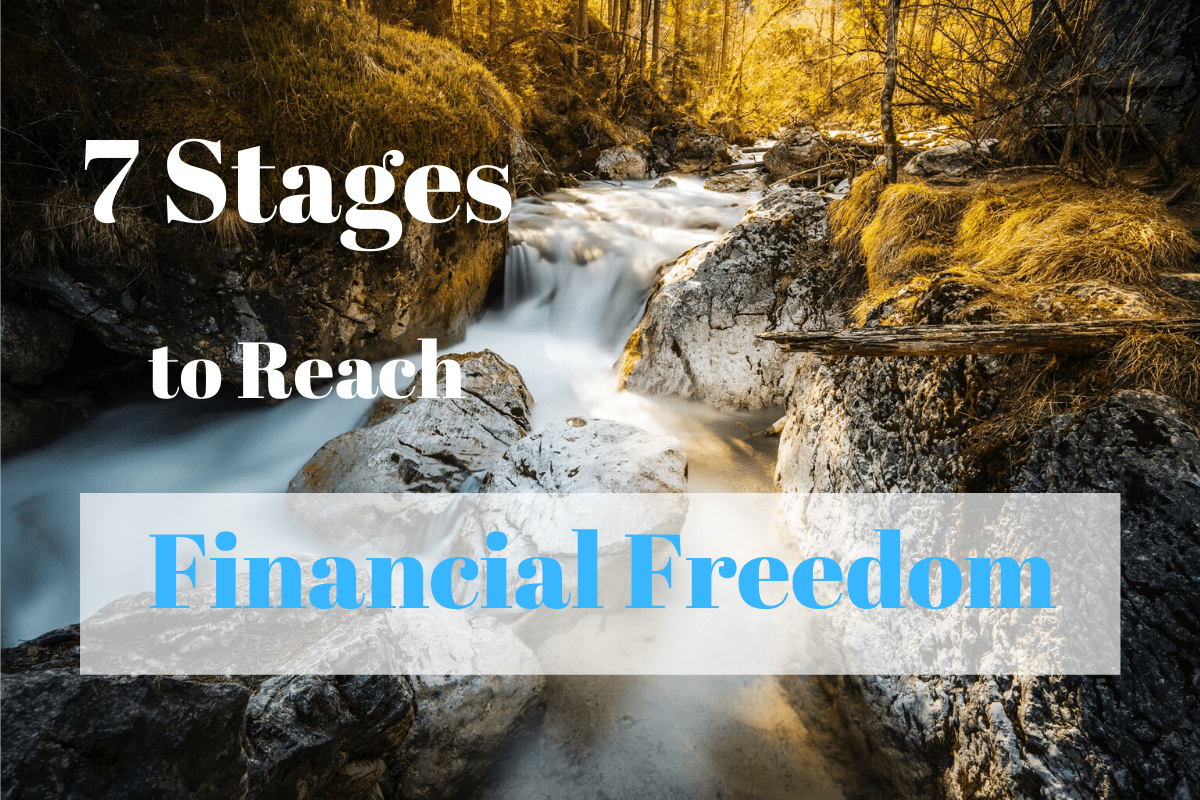
Your Road Map to Financial Freedom. 7 Simple Stages
The road map to financial freedom is different for everyone but there are seven stages that the majority of people go through before reaching financial independence.
Here’s an overview of the seven simple stages on your way to reaching the goal of FI.

1. Destroying High-Interest Debt
The first stage is getting rid of all the bad high-interest debt that some people may not think is as devastating as it is.
The interest rates increase the amount to be repaid at quite a substantial rate that paying off this debt is the absolute first thing on this road to financial freedom.
Some quick-fix loans can have an insane interest rate getting up into the hundreds! 100%, 200% 300%.
Meaning the lent amount is doubling in a very short amount of time.
- Take look at your different loans and calculate the interest rates.
- Take notice of which loan has the highest and start throwing any extra money towards paying off exactly this one.
Read also: 13+ Common Questions About Becoming Financially Free. What does it take?
2. The Goal-Driven Budget
Next is understanding the power of having a budget. Most people when hearing the word budget thing to themselves ‘Oh, here we go again’
Budgeting can be quite rewarding and effortless when combined with your clear goals wanting to be met. Motivation is KEY.
Setting up a system every start of the month dividing your salary into different categories and giving yourself a reasonable amount for each part of your life can readjust and reassure you on following your road map to financial freedom.
- Write down your ultimate goals and dreams and add them to the top of your monthly budget sheet.
- On the 1st of every month, divide your salary into goal-driven specific amounts.
3. Backup Reserve
This stage is to create a backup reserve for any unforeseen payments and repairs for, well, any part of your life.
Having this reserve means that when something unexpected happens you avoid having to go for an expensive loan to fix something which in the end would mean working backwards further away from financial independence.
It could be your car, your house, repairs, expensive equipment. Some are comfortable with one month’s salary saved up. Others 6 months worth.
- What unforeseen expenses have you had the last 5 years?
- How large an amount as a backup would keep you calm?
4. Becoming Debt Free
Next stage is becoming debt-free getting rid of all the annoying interest rates that are ticking away from your monthly salary.
For some, this is already the ultimate freedom at this stage as the feeling of not owing to anyone is quite a thrill!
Think about it. 100% of what usually goes towards mortgage interest payments now stay in your account instead.
Now for some money-savvy people, this stage may not quite make sense as they might have quite a low-interest rate on their mortgage in this present time and have had the thought that there could be more earn in the stock market instead of paying off their loan.
And this is definitely a possible option.
Some are fine with the fact that they owe money to a bank and live in a house that they don’t fully own. Others dread the thought of gambling with stocks while owing a house mortgage to a bank.
This is a personal matter.
Theoretically yes, IF your interest rate is quite low it could make sense to put your liquidity towards global low-cost index funds that annually in the past century have increased around 7 % per year.
Have a think. It all comes down to how you feel about your mortgage debt.
- How would you feel investing while still having your mortgage? Would you be comfortable?
For more on this: 5 Step Guide to Start Your Debt Free Journey
5. Investing for the future
Once the backup account is set and ready it’s time to start investing. Allowing your hard-earned money to make more money for you!
As negative the effect of interest rates on mortgages and loans can be to your personal finances; it can be equally positive the interests rates and exponential growth when investing.
That’s why everyone should be investing when they’ve reached this stage!
Investing in low-cost passive global index funds is for the majority of investors statistically the most successful way to create wealth in the long run and keep you on track towards financial freedom.
This strategy can take as little as a few hours per year as it can all be set up to run automatically. Which is exactly why I’m investing in with this plan in mind.
Many individuals would like to invest in the stock market but run into the hassle of taxes, online platforms, choosing stocks, reading company budget chart etc.
It’s important to take out the human psychology as this has been proven to highly affect the potential gains in the long run when investing.
Keep things simple. I’ll say it again.
Low-cost global index funds – averaged into the market every month automatically.
This is my investment strategy every month.
For inspiration check out Minimal5’s post on ‘6 reasons why it is so hard to choose Early Retirement’
6. Passive income
The stage of passive income is understanding that trading time for money isn’t going to create substantial wealth in the long run.
Investing in global index funds stocks like explained above has the hope of a return in the future while only requiring a little passive effort from yourself.
This is the definition of passive income. Avoid trading your time for money.
Real estate, online courses, bonds, dividends and many more. MoneyMow has listed 5 great ways to make passive income.
To step further forward on the road map to financial independence finding new ways to increase your passive income will help you free up time for higher-paying jobs, hobbies and in the end, enjoying financial freedom, however, you wish.
7. Financial Freedom
You’ve done it! At this stage, your passive income with little or no work needed is enough to cover your total living costs. This is for some an uncomprehensible point in the future. But it CAN be done.
Having the freedom of knowing where next months income is going to come from despite any unforeseen issues in your life must be a whole new world!
Projects that you previously couldn’t focus on because it would take way to many hours and end up not paying a dime, now become possible! Start the new carrier of your dreams? Would be possible now that you wouldn’t have to worry about how to support yourself.
Volunteer work could now become your full-time activity if you find it’s what gives you value in life. Building Tiny Houses for the homeless?
Who knows what I may think of. 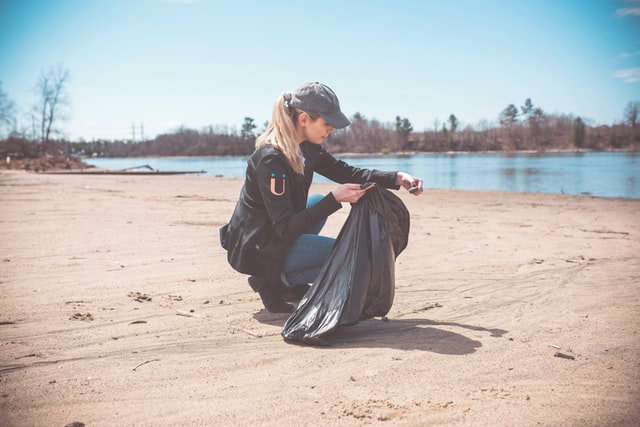
Some have the idea of being financially free means being a top expert in all Netflix series and your sofa becoming your second set of apparently broken legs. Everyone gets tired and frustrated by doing nothing for a living.
I’m agitated and in a bad mood after one day doing nothing! 😀
I’m building and living in a Tiny House which happens to be a dream of mine allowing for reducing climate impact, lowering monthly expenses and increasing flexibility. This dream happens to support my personal road map to financial freedom which I’ll be sharing on this site throughout this journey!
Click to read a description of my Tiny House build project in Denmark 2020.
Can you see yourself becoming financially free in the future??
Read the Most Common Questions about becoming financially independent.
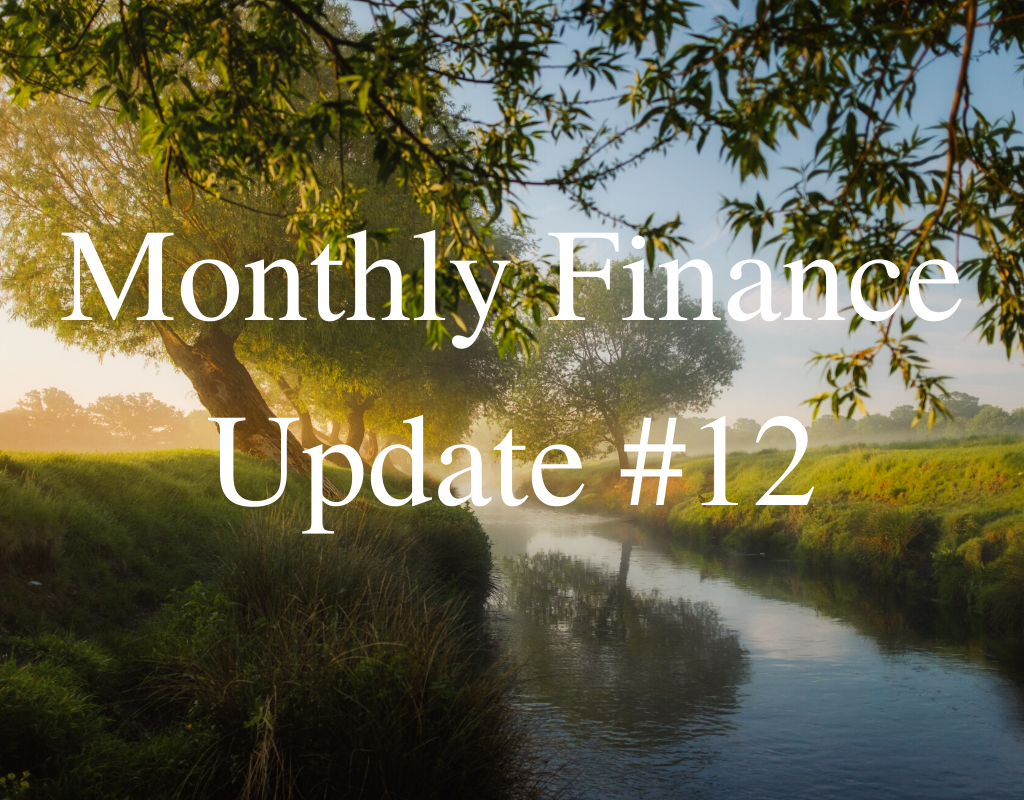
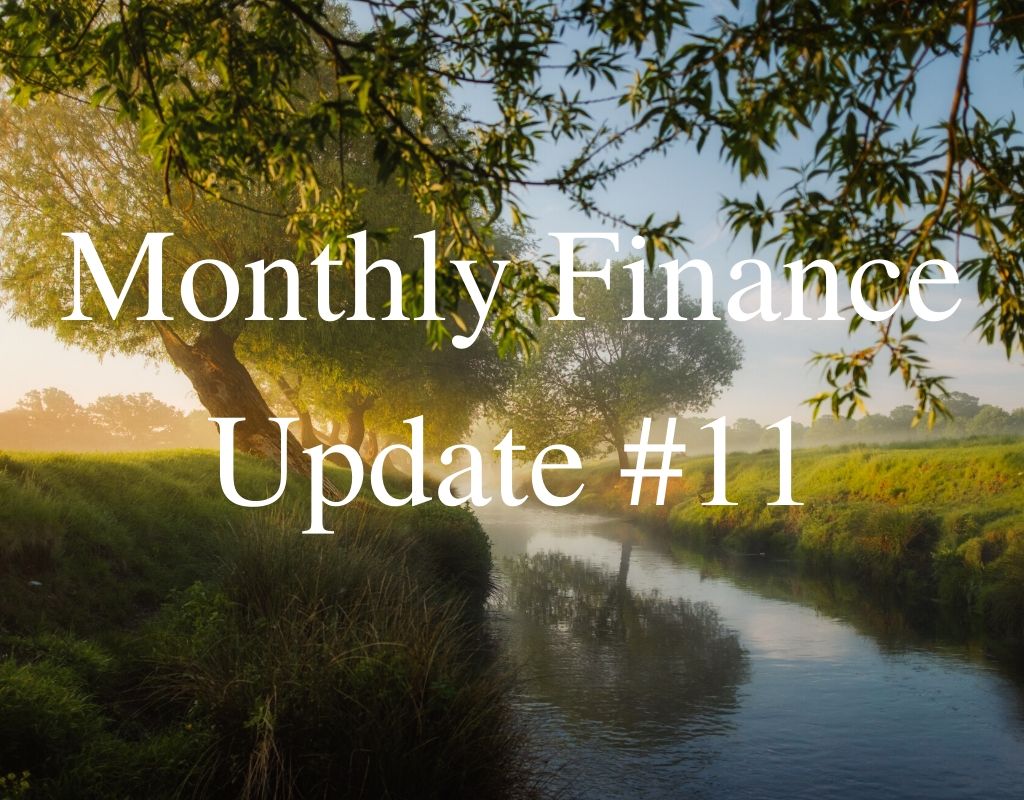
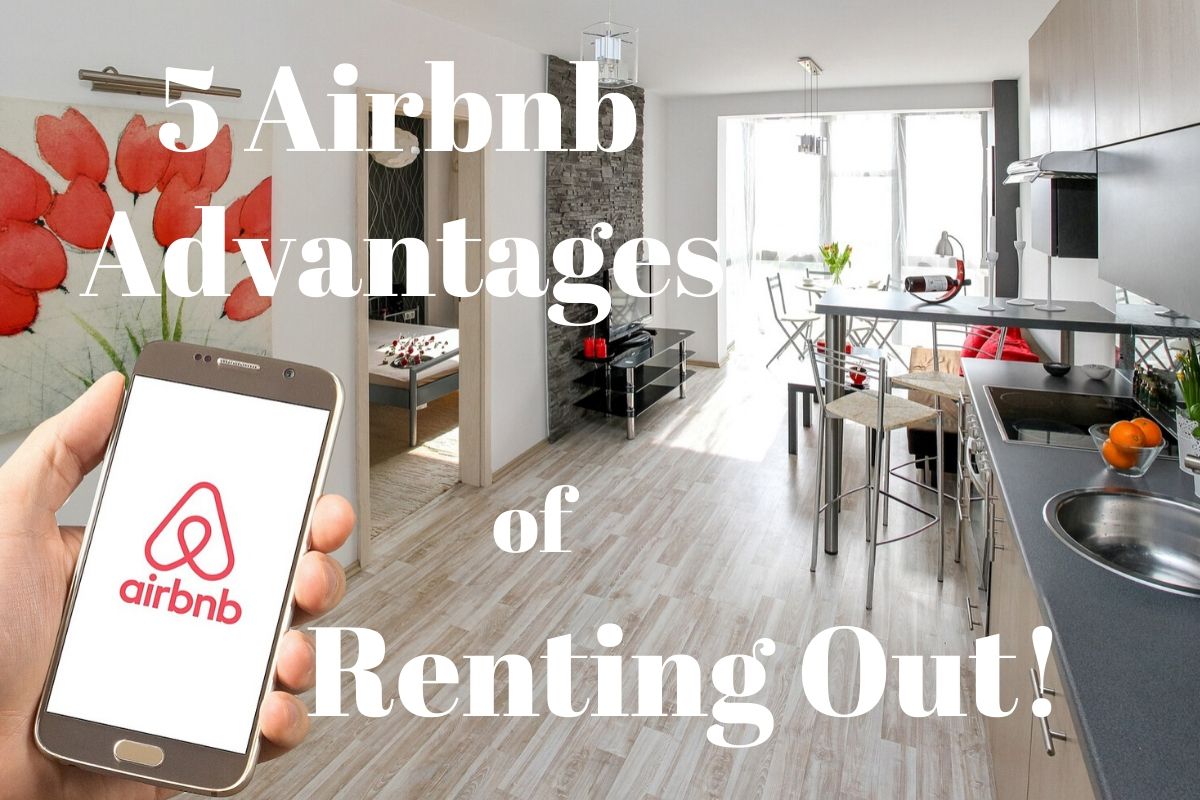
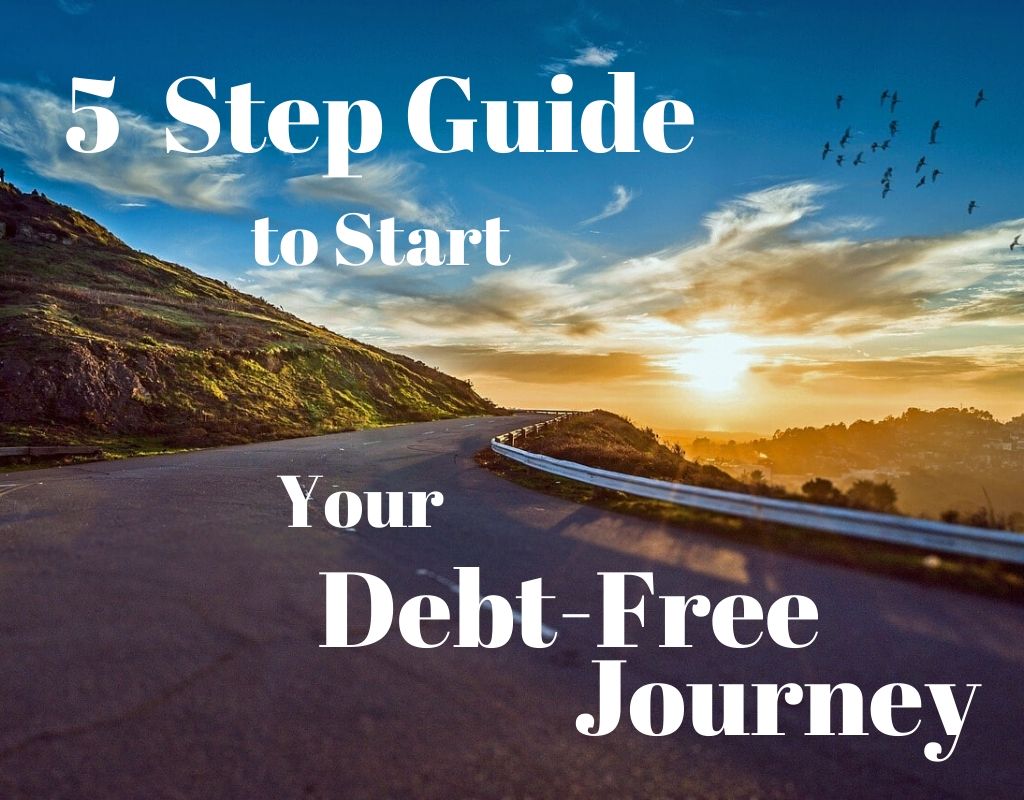
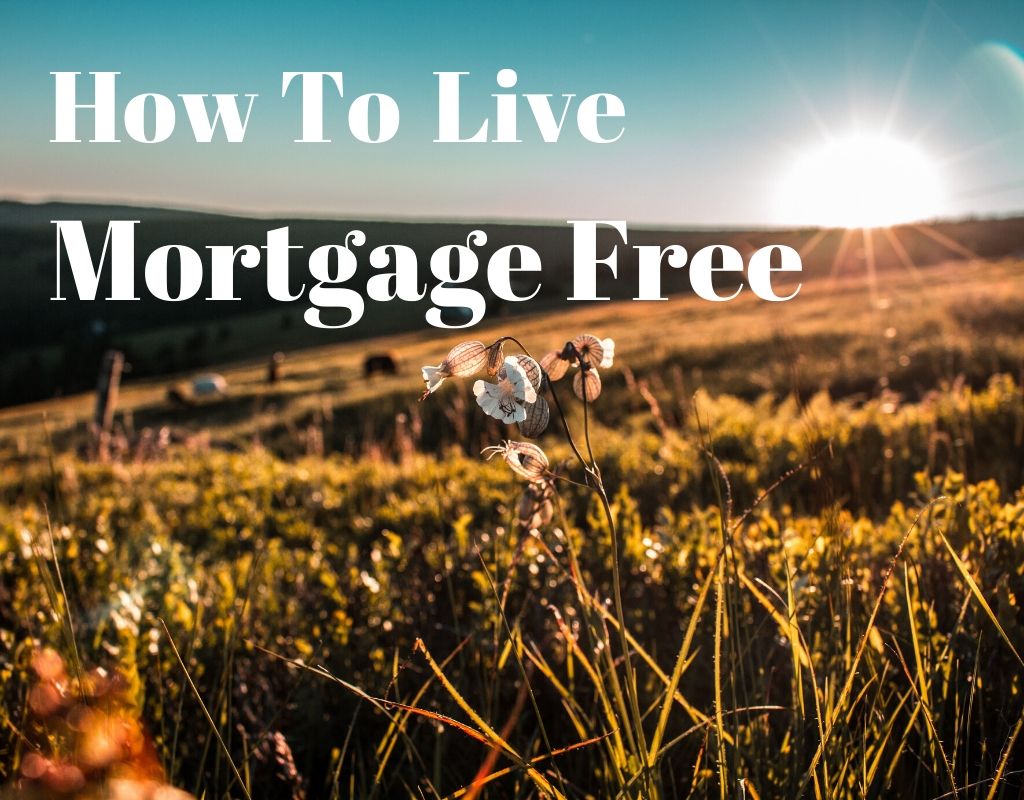
2 Comments
Nick
Hi Peter,
These are good guidelines, indeed 🙂
I’ve been around the FIRE community now for about 2 years, and it’s pretty clear to me that there are two types of people: The people who act based off of emotions, and the people who act based off of logic.
You’re skewed one way or the other in my opinion. Few people appear to be balanced directly between them, and very few people (in the FIRE community at least) are heavily skewed towards logic. Perhaps this is because the whole idea of becoming FI is based off of the notion of becoming FREE, which is a subjective emotion.
The “no-debt” school appeals mostly to the ones with a high degree of emotional skew. As humans, I think we all have a tendancy to be a little too emotional from time to time 😛
I truly understand the attraction of not having any debt, but from a logical (and economical) perspective, it doesn’t make much sense in the current interest rate environment (negative interest rates in DK). Each to his own though. I have a mortgage and I’m happy with it (I might have picked a different house though, had I known about FIRE earlier, but that’s another story 😛 ).
I wrote a little bit about my thoughts on this subject in an old post. Perhaps you’ll find it interesting 😉 https://totalbalance.blog/is-your-house-a-liability/
About the backup reserve, I see anywhere between 0-12 months. Personally I feel comfortable around 3 months, but it’s not a set target for me. I have a cheap 100K (DKK) credit in my bank that I’d use for emergencies, so I don’t hold any backup reserves per say – I just usually always happen to have some spare cash in my pocket, when I need them 😛 (Must have been born under a lucky star).
Thriving Willow
Hi again Nick. Thanks for the in-depth interesting thoughts.
I can definitely relate to the fact that there are two rough types; for/against having debt. In the current market being on this Tiny House journey, we were actually very very close to purchasing a ready-made Tiny house for 350.000-500.000. (DKK) . I felt quite good about it and could easily see the maths showing positive outcomes and we’d be able to focus on careers plus avoid a huge challenge of building a house without experience. My wife may be influenced more by the negative emotions that seem to be the norm and come with just hearing the word ‘debt’.So we ended up choosing to build our own (so far 120.000 DKK) giving a crazy unique 6-month experience and the skills for the future projects.
Great to hear you’re more of a logic type seeing the positive sides to using debt as a way to building your net worth faster. Interesting post on the subject 😀 Highly interested in following your real estate portfolio and how you’re going to build it up in the future. I’ve been looking into the possibility of buying a summerhouse and renting out through a company when not in use by ourselves. Seems quite interesting.
I think many would love money in their pockets when they felt like it ! haha.
All the best.